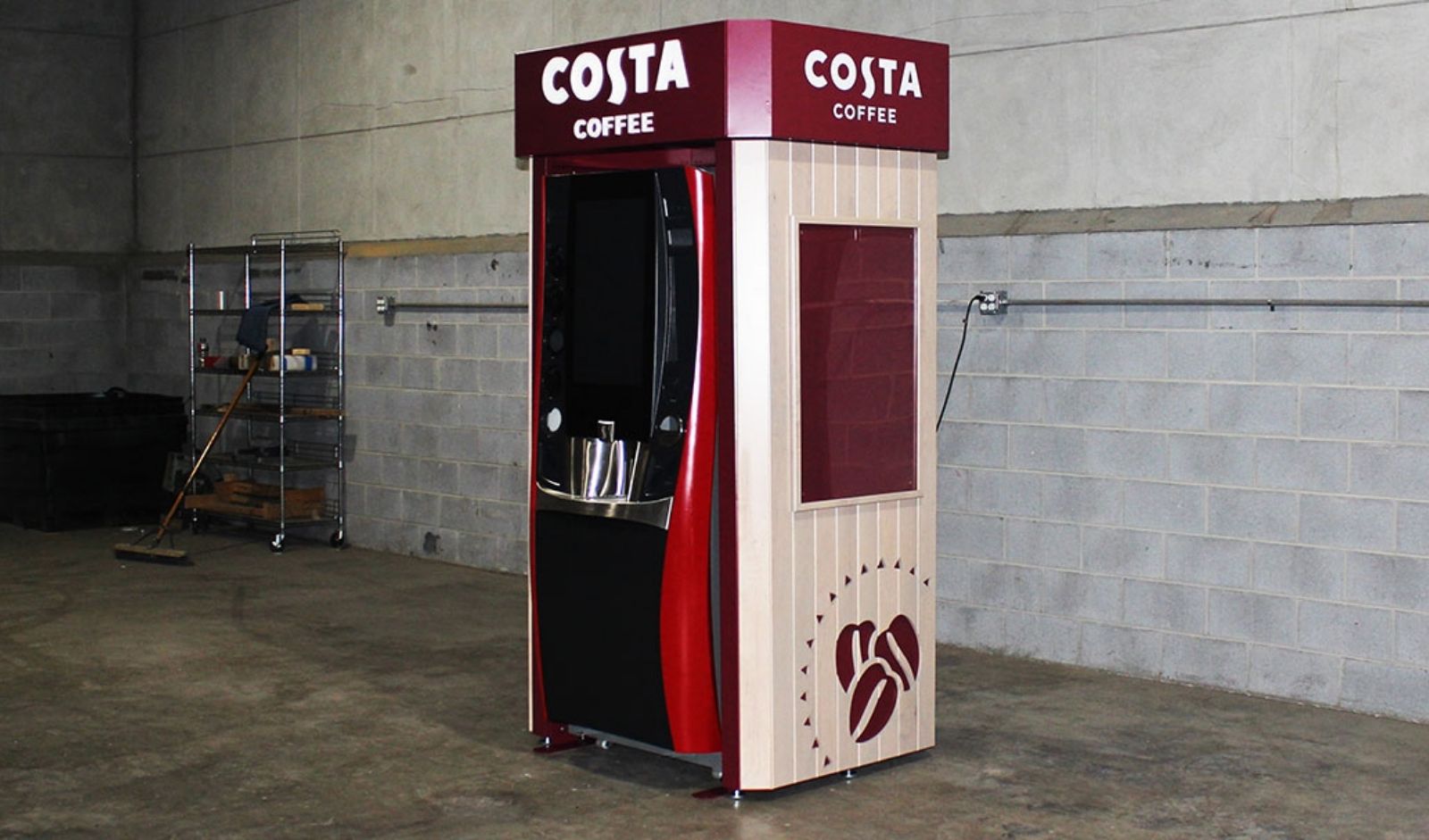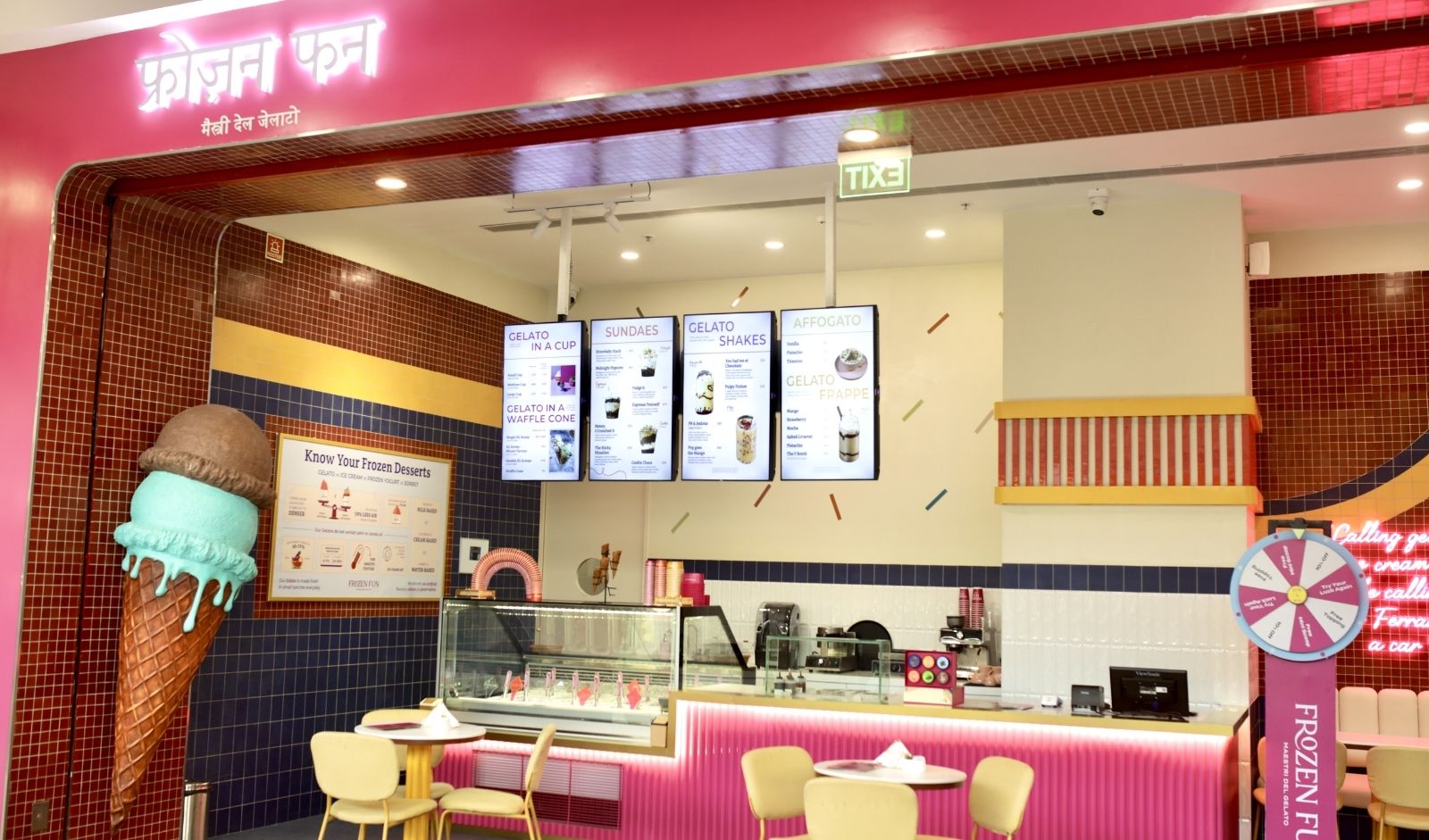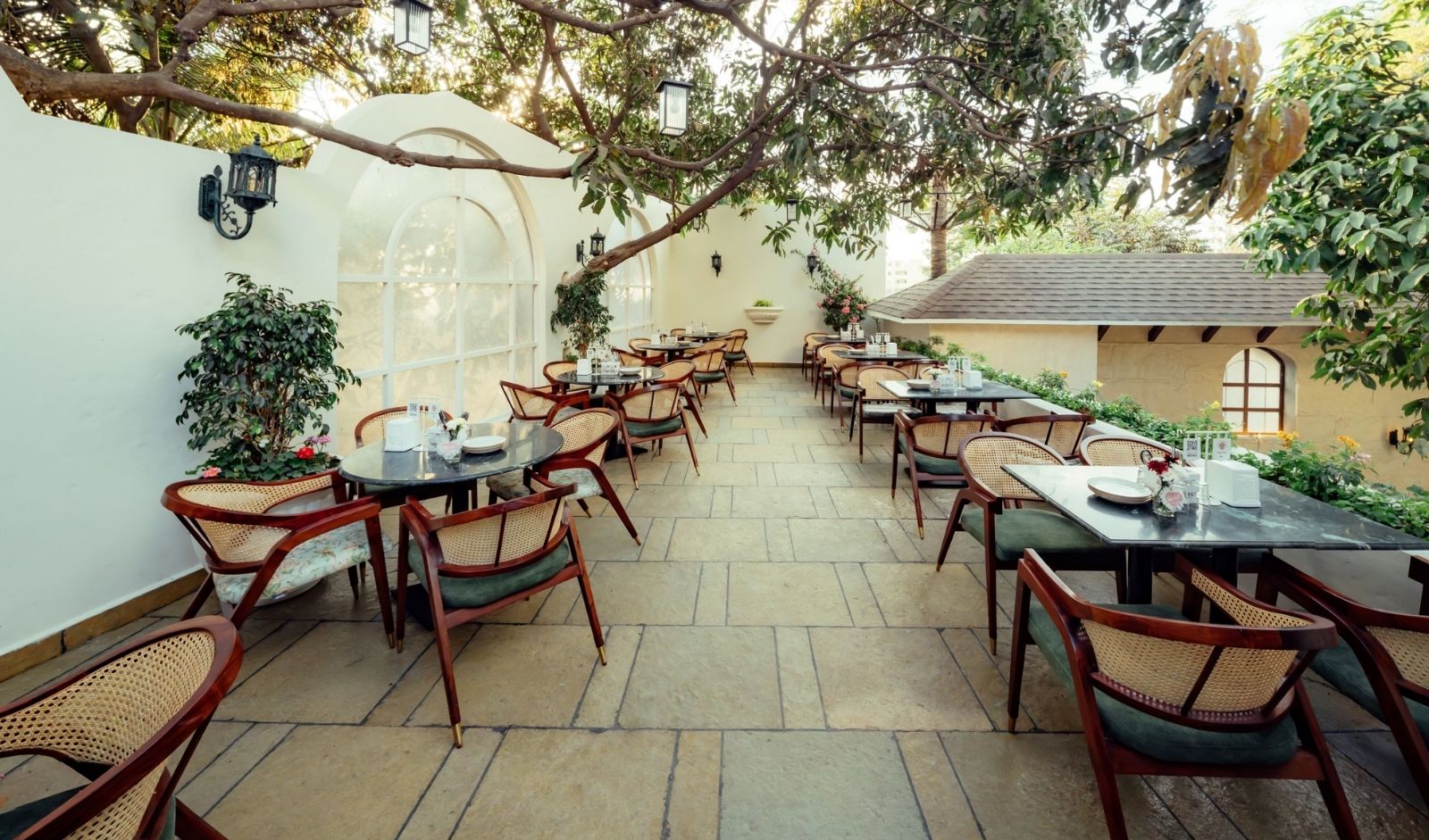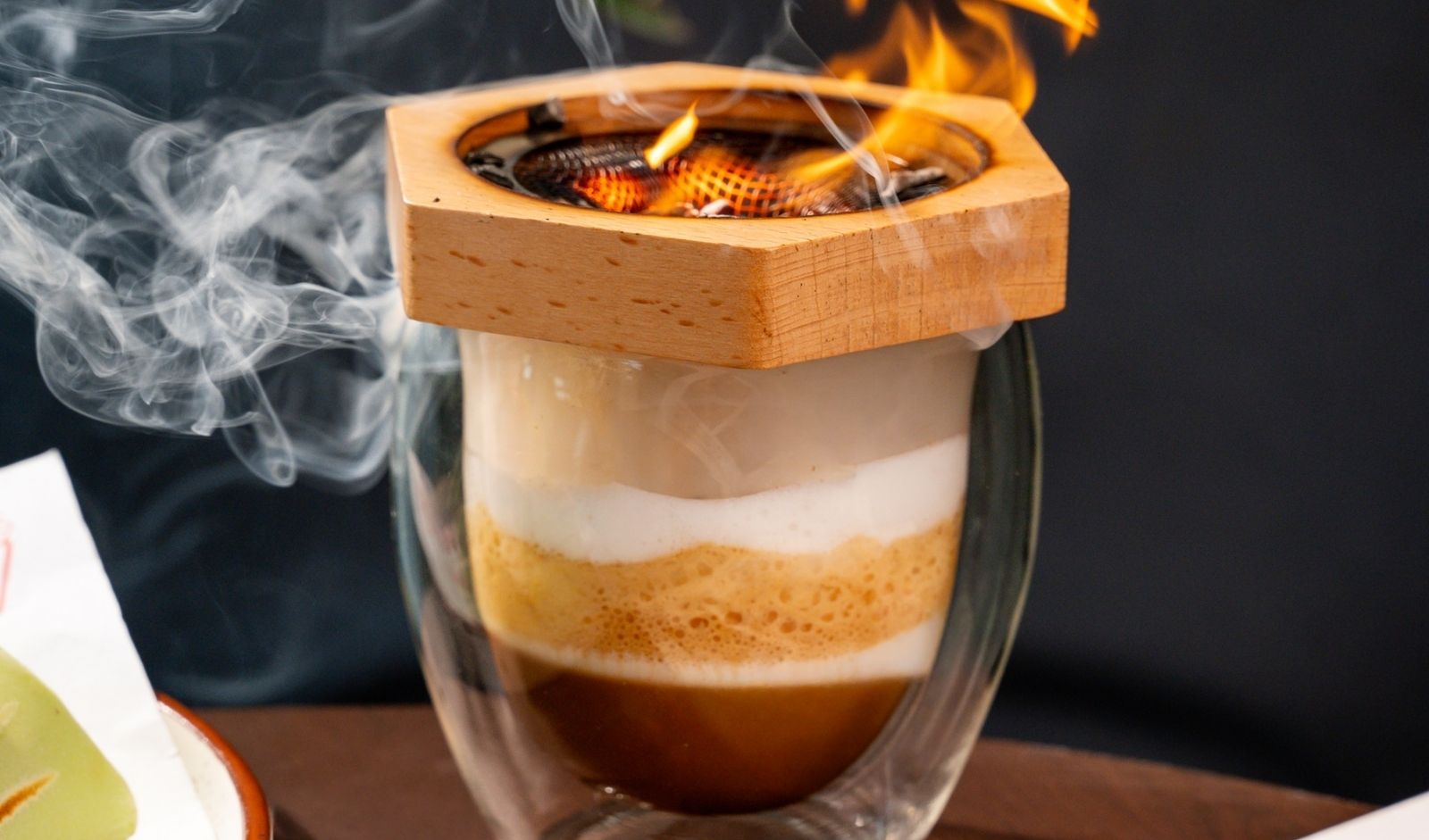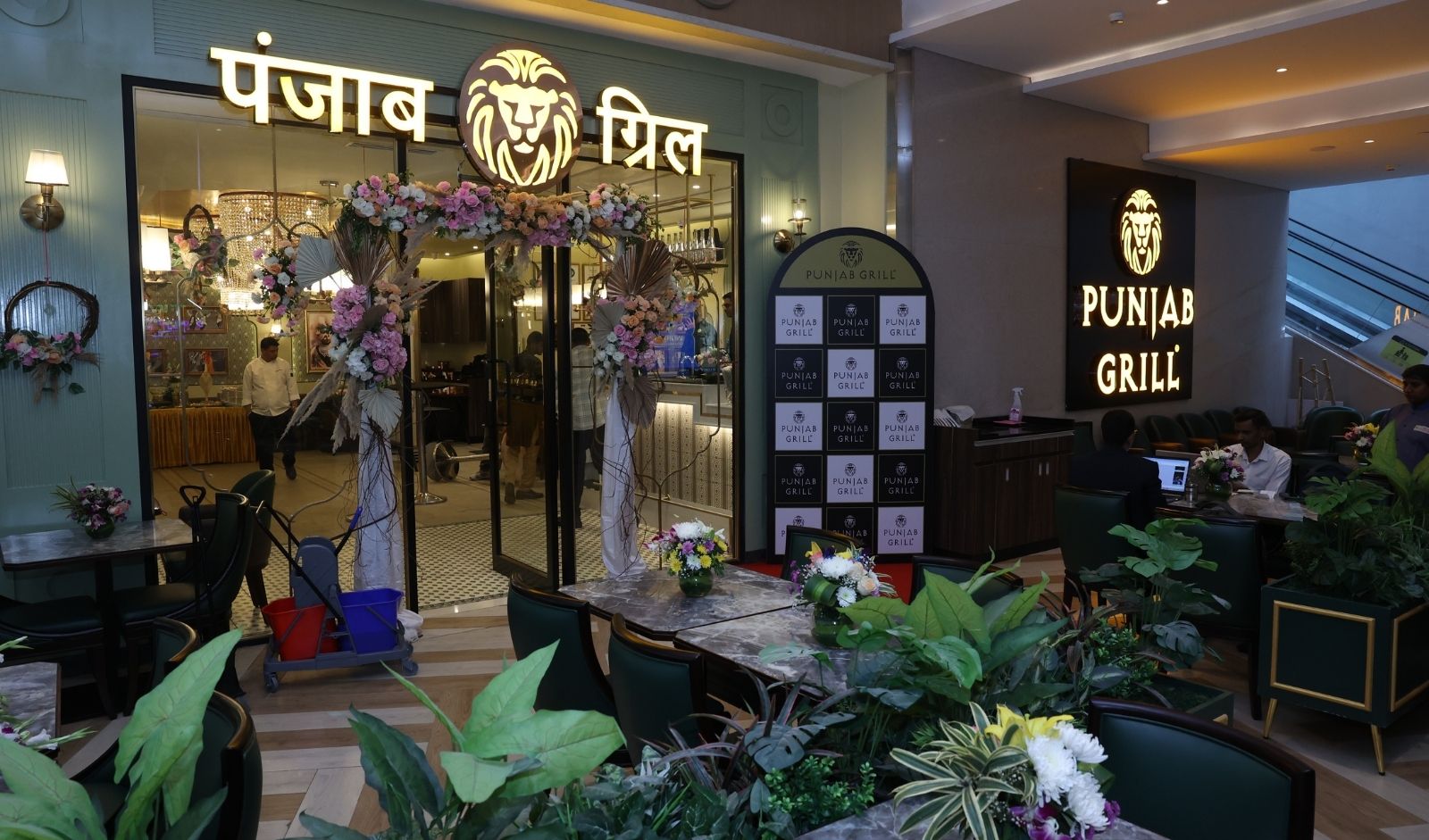
Costa Coffee, owned by Atlanta-based Coca-Cola, has opened five outlets in the Atlanta area, but the brand has no immediate plans for large-scale café expansion in the U.S. Instead, its strategy centers on non-traditional locations with its automated Smart Café machines, also known as “barista in a box.”
These machines are designed for venues such as hospitals, college campuses, hotels, and convenience stores. Each unit can prepare up to 200 customizable beverage options, both hot and cold, within 90 seconds. Currently, Costa has about 350 Smart Café machines installed.
“We’re really focused on high-impact channels in the U.S., where quality and convenience come together,” said Erica Brown, VP and managing director, Costa Coffee Americas. “Consumers are on the go a lot.”
Costa Coffee was founded in 1971 as a roastery in London by Sergio Costa and later expanded into cafés. By 1995, it had 41 outlets and was acquired by Whitbread, which accelerated its growth. A key part of its international expansion came through Costa Express machines in convenience stores and supermarkets. By the time Coca-Cola acquired Costa Coffee in 2018 for $5.1 billion, the company operated 4,000 outlets worldwide.
The U.S. approach, however, is focused on automated coffee experiences rather than traditional cafés. “We’re really focused in the U.S. on building our business away from home,” Brown said.
The Smart Café replicates the feel of a coffee shop with grinding sounds, fresh aromas, and customizable beverages, but without labor costs. Costa also offers a smaller countertop model for limited spaces. Host locations are responsible only for cleaning and providing milk, while Costa monitors machine performance remotely and adjusts offerings based on consumer preferences. Revenue is shared with the host business.
Cold beverages, a growing segment in the U.S. market, are a priority in Costa’s product mix. “People really want to make their beverages their own,” Brown explained, noting that personalization is central to the Smart Café concept.
For operators of non-traditional locations, the model removes the need for trained baristas while delivering a consistent espresso-based beverage experience. “This is an opportunity to capitalize on espresso beverages that can generate real business,” Brown said. “You don’t need to have a barista in those environments because the machine does the work in a high-quality way.”
Copyright © 2009 - 2026 Restaurant India.




